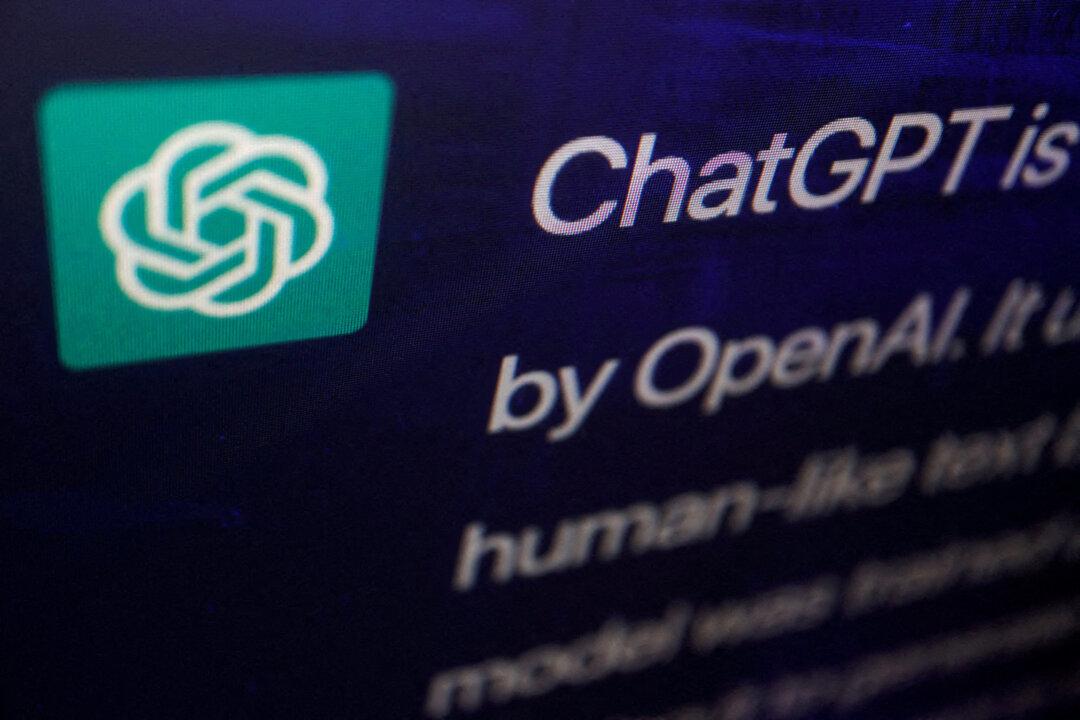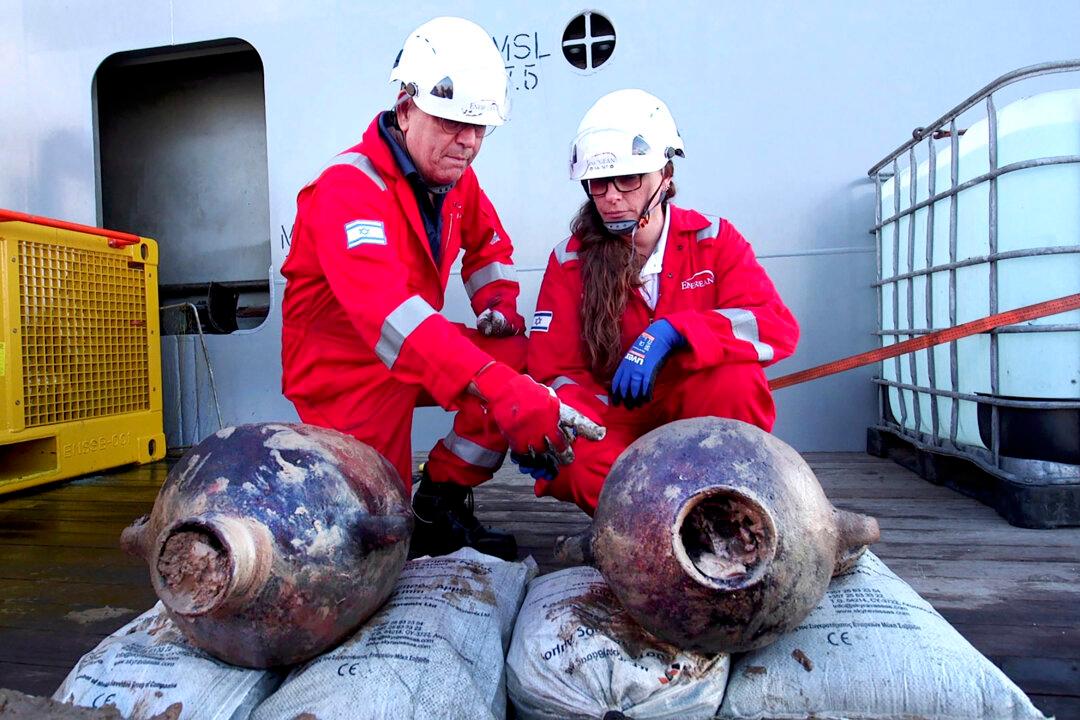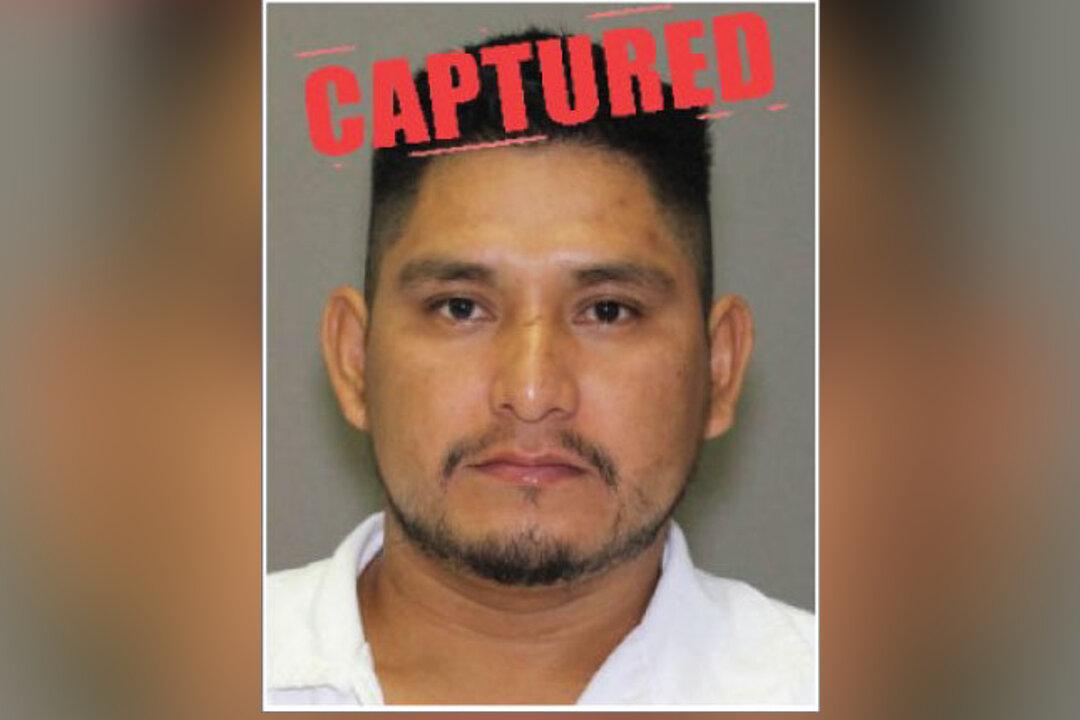Italy temporarily stopped ChatGPT from operating in the country on Friday over unlawful data collection and problems in its age verification system. It launched a legal inquiry into the case.
The ban came from Italy’s Guarantor for the Protection of Personal Data agency (GPDP), naming Microsoft-backed OpenAI, the developer and managing company of the artificial intelligence (AI) chatbot ChatGPT, according to a press release from the agency. ChatGPT went offline in Italy as a result.





